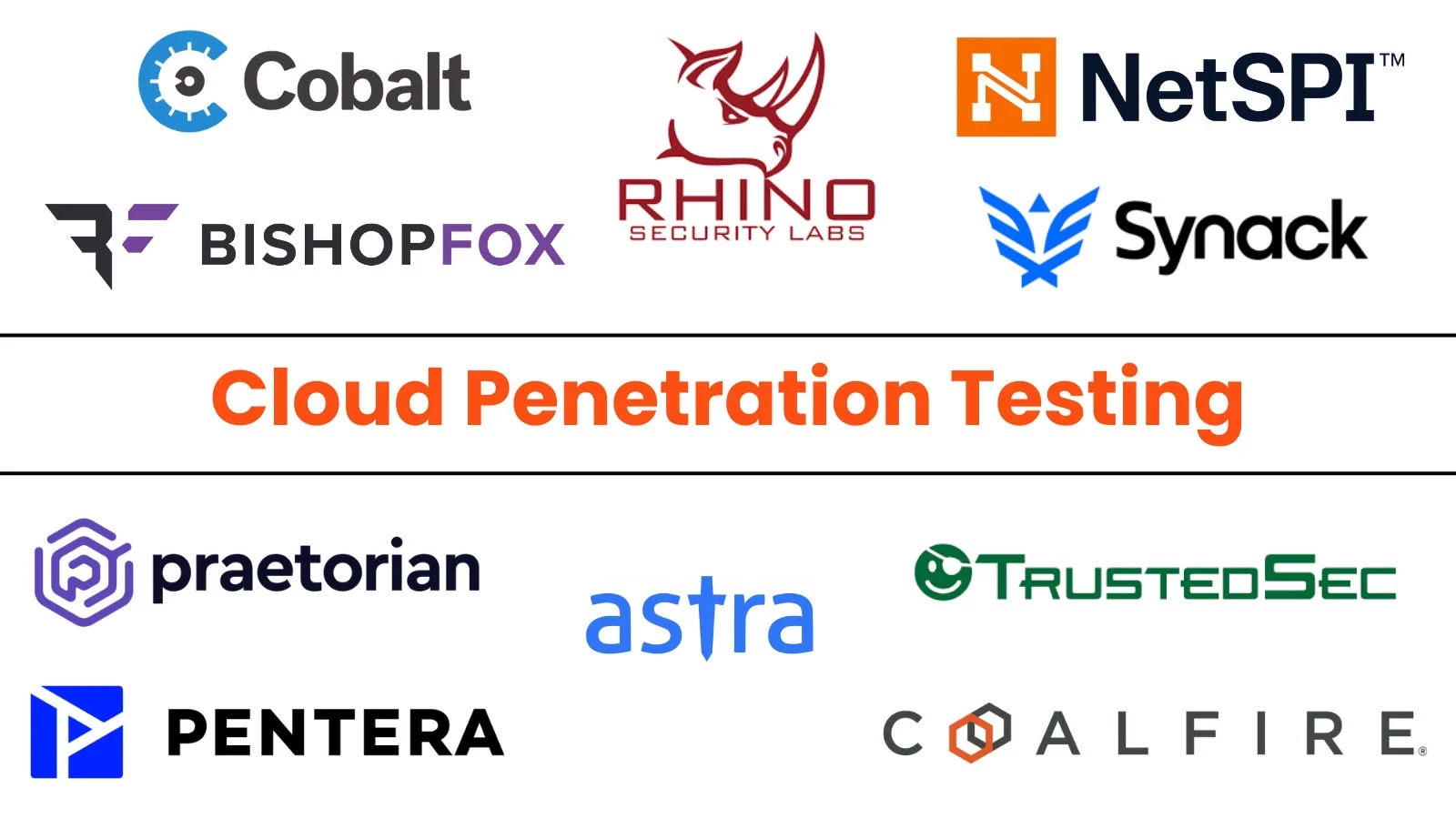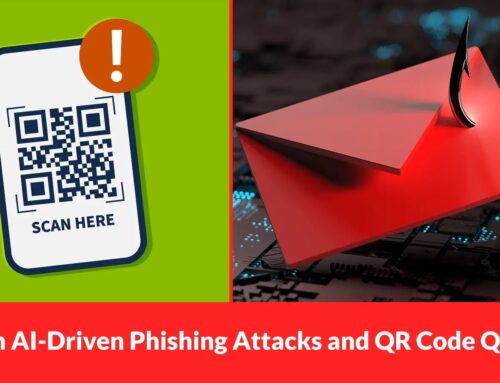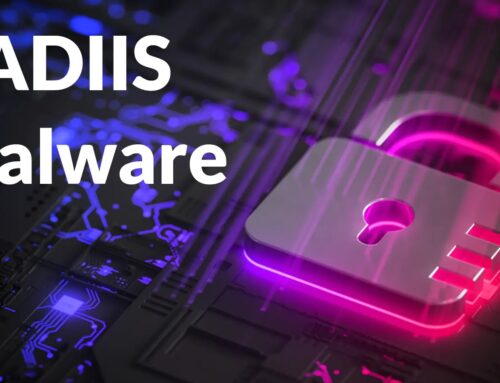
10 Best Cloud Penetration Testing Companies in 2025
Navigating the Cloud Security Frontier: Why Cloud Penetration Testing is Crucial in 2025
The relentless migration of enterprise infrastructure to the cloud has brought unprecedented agility and scalability. However, this transformative shift also introduces a complex new attack surface. Unlike traditional on-premises networks, cloud environments inherently possess unique vulnerabilities, from misconfigured services and insecure APIs to overly permissive Identity and Access Management (IAM) policies. As we move into 2025, robust cloud penetration testing is not merely a best practice; it’s an imperative for maintaining a resilient security posture. Identifying and remediating these cloud-native risks proactively is paramount.
The Evolving Landscape of Cloud Penetration Testing
Cloud penetration testing distinguishes itself from conventional network pentesting by focusing specifically on the intricacies of cloud provider services (IaaS, PaaS, SaaS), their configurations, and their interdependencies. Attackers are increasingly targeting weaknesses in cloud deployments, exploiting common pitfalls such as:
- Misconfigured Cloud Services: Open S3 buckets, exposed databases, or publicly accessible compute instances are frequent entry points.
- Insecure APIs: Weak authentication, improper authorization, or injection vulnerabilities in APIs bridging on-premises and cloud resources, or solely within cloud environments.
- Overly Permissive IAM Policies: Granting excessive privileges to users, roles, or services leads to privilege escalation opportunities and lateral movement within a cloud tenant.
- Supply Chain Vulnerabilities: Weaknesses in third-party services integrated within the cloud environment.
- Container and Kubernetes Misconfigurations: Exposed dashboards, insecure images, or lax network policies in containerized deployments.
Effective cloud penetration testing in 2025 requires a deep understanding of major cloud platforms like AWS, Azure, and GCP, their security models, and the tools and techniques adversaries employ to compromise them.
10 Best Cloud Penetration Testing Companies in 2025
Selecting the right partner for cloud penetration testing is critical. The leading firms in this domain combine a comprehensive understanding of cloud architectures with advanced methodologies and a proven track record. Drawing primarily from insights concerning the top-tier providers, here are 10 companies poised to lead the cloud penetration testing landscape in 2025:
While specific rankings can fluctuate, the following types of companies consistently demonstrate expertise in this specialized field:
- Offensive Security (OffSec): Renowned for their penetration testing expertise and training, OffSec often provides high-level cloud assessment services. Their focus on practical, hands-on exploitation makes them a strong contender for identifying real-world cloud vulnerabilities.
- NCC Group: A global leader in cybersecurity consulting, NCC Group offers extensive cloud security services, including targeted penetration tests for AWS, Azure, and GCP environments. Their holistic approach covers architecture reviews, configuration assessments, and active exploitation. They also publish valuable research on cloud security best practices.
- Bishop Fox: Known for their elite team of ethical hackers, Bishop Fox delivers highly specialized offensive security services. Their cloud penetration testing engagements are thorough, often uncovering obscure misconfigurations and complex attack paths within cloud infrastructures.
- Synack: Operating a unique Crowdsourced Security Platform, Synack leverages a global network of vetted ethical hackers to conduct continuous penetration testing. This model is particularly effective for large and dynamic cloud environments, providing ongoing vulnerability discovery.
- Coalfire: Specializing in cybersecurity advisory and assessment services, Coalfire has a strong focus on cloud security and compliance. Their cloud penetration testing services often integrate with broader compliance initiatives (e.g., FedRAMP, SOC 2) to ensure a secure and compliant cloud posture.
- Rapid7: While best known for their InsightVM and Metasploit products, Rapid7 also offers comprehensive penetration testing services, including specialized cloud assessments. Their deep industry knowledge and proprietary tools enhance the efficiency and effectiveness of their engagements.
- Mandiant (Google Cloud Security): As part of Google Cloud, Mandiant brings unparalleled threat intelligence and incident response expertise to their security services. Their cloud penetration testing benefits from this deep empirical knowledge of active threats targeting cloud environments globally.
- Secureworks: A leading provider of managed security services, Secureworks offers advanced penetration testing capabilities, including specific engagements for cloud platforms. Their experience in detecting and responding to real-world attacks informs their testing methodologies.
- PwC (PricewaterhouseCoopers): As a major global consulting firm, PwC’s cybersecurity practice offers extensive cloud penetration testing services, particularly for large enterprises. Their strength lies in combining technical expertise with a strategic, business-oriented approach to risk management.
- Deloitte Cyber: Similar to PwC, Deloitte provides comprehensive cybersecurity consulting and penetration testing services to a global client base. Their cloud security assessments cover a wide array of cloud-native technologies and adherence to industry best practices and compliance frameworks.
Remediation Actions and Best Practices for Cloud Security
Identifying vulnerabilities is only the first step. Effective remediation and continuous improvement are essential. Organizations should implement the following:
- Implement Least Privilege: Adhere strictly to the principle of least privilege for all IAM roles and users. Regularly review and revoke unnecessary permissions. Tools like AWS IAM Access Analyzer or Azure AD Identity Governance can assist.
- Secure Cloud Configurations: Continuously monitor and enforce secure configurations for all cloud services. Utilize cloud security posture management (CSPM) tools to detect and remediate misconfigurations automatically.
- API Security Gateways: Deploy API gateways to enforce security policies, rate limiting, and authentication for all API endpoints. Regularly perform API penetration testing.
- Vulnerability Management: Establish a robust vulnerability management program that includes regular scanning of cloud assets, container images, and web applications. Address vulnerabilities promptly, prioritizing based on risk. For example, a critical vulnerability like CVE-2022-22965 (Spring4Shell) could have significant implications if unpatched in cloud-deployed applications.
- Network Segmentation: Implement strict network segmentation within cloud environments to limit lateral movement in case of a breach. Leverage Virtual Private Clouds (VPCs), security groups, and network access control lists (NACLs).
- Logging and Monitoring: Enable comprehensive logging across all cloud services (e.g., AWS CloudTrail, Azure Monitor, GCP Cloud Logging) and integrate them into a centralized Security Information and Event Management (SIEM) system for real-time threat detection and incident response.
- Regular Penetration Testing: Treat cloud penetration testing as an ongoing process, not a one-time event. Engage reputable firms regularly to assess your evolving cloud footprint.
- Developer Security Training: Educate developers on secure coding practices for cloud-native applications and the intricacies of cloud security models.
Conclusion
The journey to the cloud offers immense benefits, but it also demands a proactive and specialized approach to security. Cloud penetration testing is a critical investment for any organization operating in these dynamic environments. By partnering with leading experts who possess deep cloud security knowledge and by consistently implementing robust remediation strategies, businesses can confidently embrace the cloud while significantly mitigating their exposure to cyber threats in 2025 and beyond. Prioritizing these assessments ensures that unique cloud-native attack vectors are identified and neutralized before they can be exploited.





